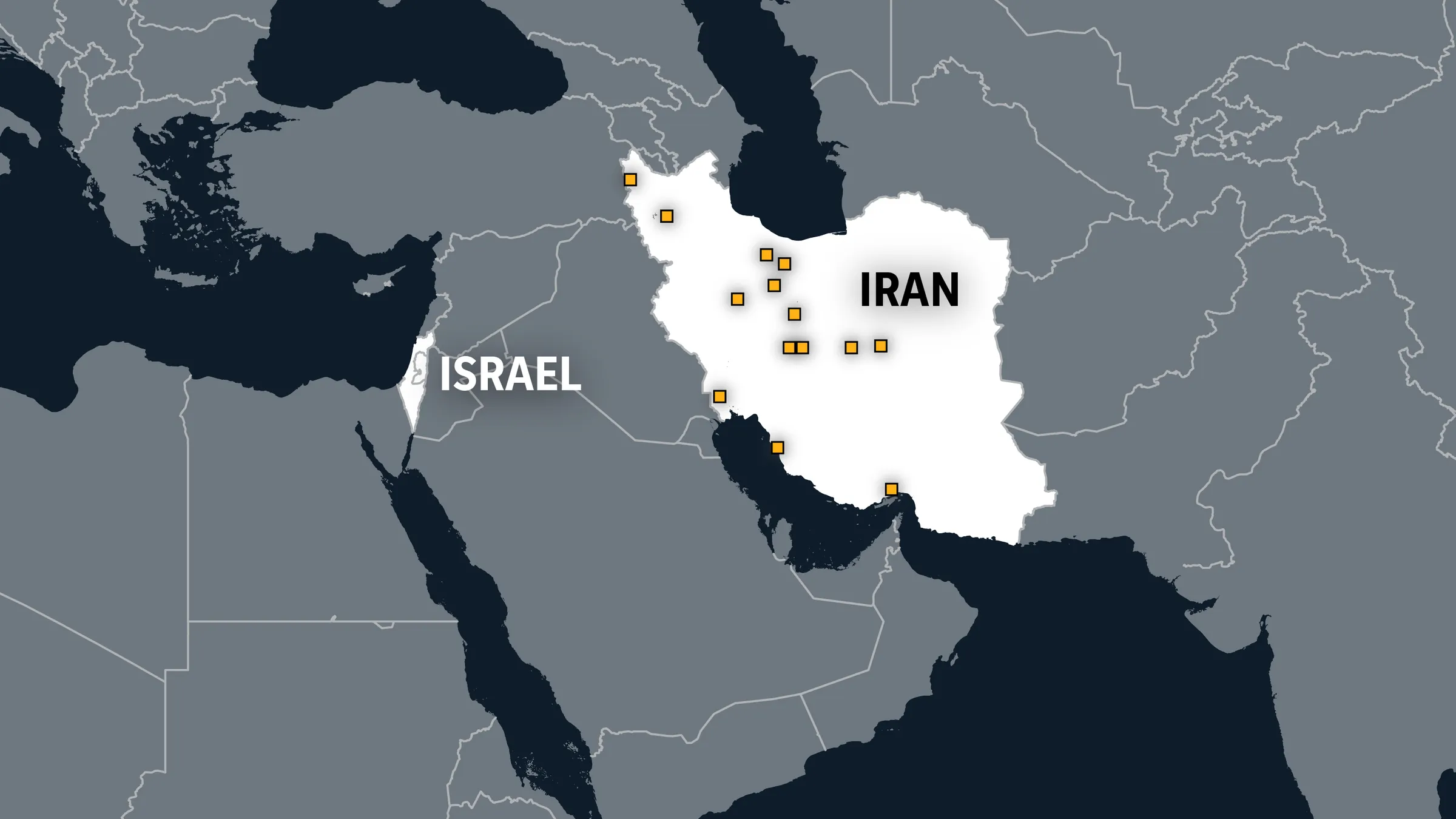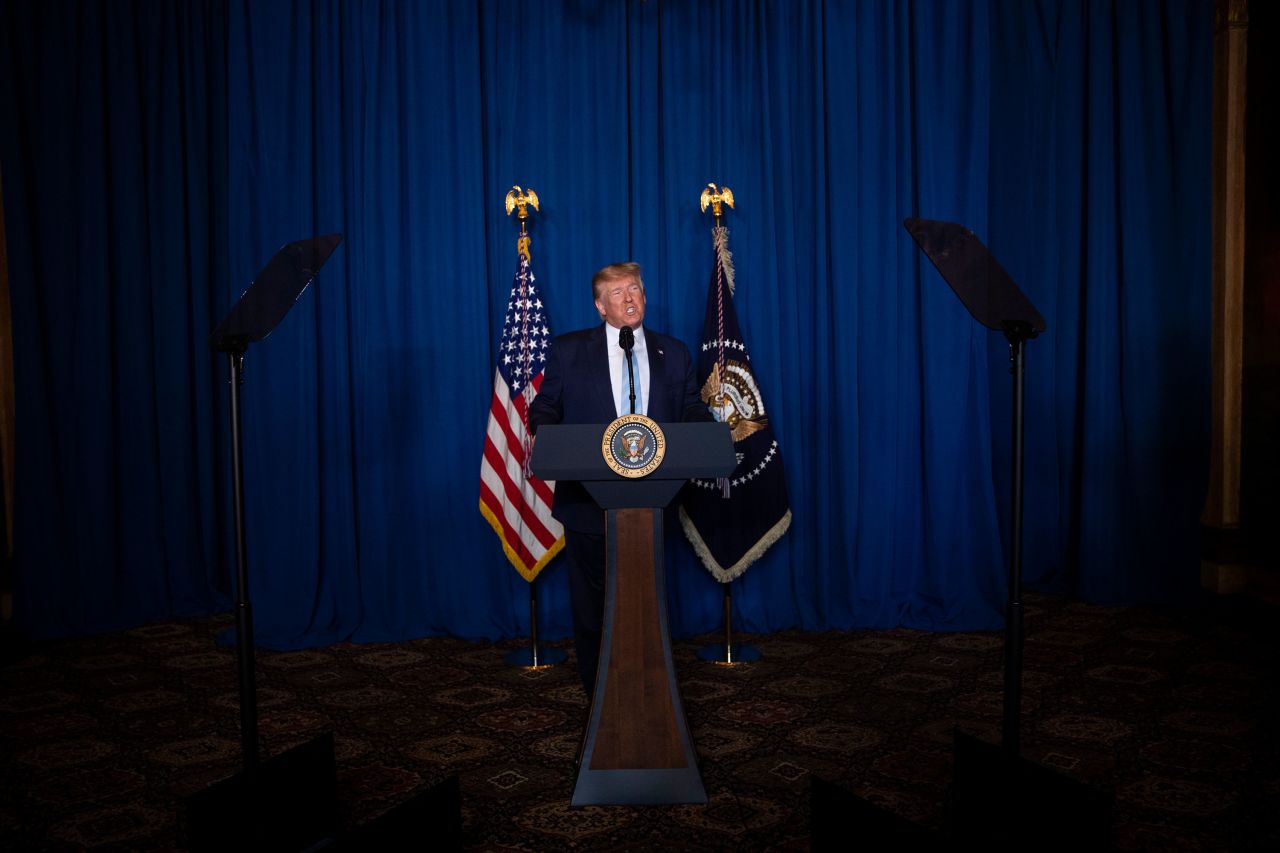Democratic Senator Tim Kaine of Virginia has voiced strong skepticism regarding President Trump"s assertions that recent U.S. airstrikes inflicted significant damage on Iran"s nuclear program. Speaking on NPR"s Morning Edition, Kaine emphasized that Trump likely exaggerated the impact of the strikes, leading to disarray among military and intelligence officials who scrambled to manage the fallout from the president"s claims.
Airstrikes and Claims of Damage
On June 21, U.S. airstrikes targeted three nuclear sites near Tehran, prompting immediate discussions about the effectiveness and legality of the military action. According to a leaked preliminary report from the Defense Intelligence Agency, the damage caused by the strikes was described as "limited," suggesting that any setbacks to Iran"s nuclear capabilities might only last a few months. Despite this, Trump proclaimed that Iran"s nuclear program was "totally obliterated," a statement that starkly contrasts with the classified findings presented to Congress.
Military Briefings and Internal Confusion
After the airstrikes, Defense Secretary Pete Hegseth and CIA Director John Ratcliffe briefed senators on Capitol Hill. However, lawmakers emerged from the briefing expressing uncertainty about the extent of the damage. Kaine noted that if Trump had accurately portrayed the operation"s impact, there wouldn"t have been such a scramble for damage control by the Pentagon. His comments highlight a critical disconnect between military assessments and the president"s public narrative.
Concerns Over War Powers
Kaine"s criticism extends beyond the exaggeration of military achievements. He pointed out that Trump"s unilateral decision to engage in military action without congressional approval raises serious questions about the constitutional limits of presidential power. This action appears to violate the War Powers Resolution, which mandates that the president must seek congressional approval for military actions that could lead to war. Kaine has already filed a War Powers Resolution to address this issue, emphasizing the need for legislative oversight in matters of military intervention.
\n\n
Will Israel strike Iran"s nuclear sites? Map shows where they are.
Historical Context of U.S.-Iran Relations
The conflict between the U.S. and Iran is deeply rooted in history, heavily influenced by past actions such as the U.S. withdrawal from the Joint Comprehensive Plan of Action (JCPOA) in 2018. This agreement had effectively curtailed Iran"s nuclear ambitions and established mechanisms for monitoring compliance. The decision to abandon the deal has been widely criticized, with many experts arguing that it has exacerbated tensions and accelerated Iran"s nuclear program. As reported by The New York Times, this historical context underscores the importance of diplomatic engagement over military confrontation.
Criticism of Trump"s Approach to Military Action
Kaine articulated a clear stance: diplomacy should take precedence over military action. He criticized Trump for disregarding previous diplomatic efforts that limited Iran"s nuclear capabilities. The senator argued that the prior nuclear deal was an effective approach, and the current military strikes may only serve to escalate the conflict further. His views reflect a growing concern among progressive lawmakers who advocate for peaceful resolutions rather than military escalation.
Implications for Global Stability
The implications of Trump"s rhetoric and military decisions extend beyond U.S.-Iran relations. As tensions rise, the potential for wider conflict increases, affecting not only regional stability but also global peace efforts. The international community is watching closely, particularly the members of the JCPOA, who are grappling with the aftermath of the U.S. withdrawal and the challenges of negotiating with an increasingly hostile Iran. As noted in sources like AP News, the timeline of U.S.-Iran tensions shows a pattern of escalating military responses that threaten to undermine diplomatic channels.
\n\n
January 6 US-Iran news | CNN
Calls for Accountability and Transparency
As reports continue to emerge about the extent of the damage caused by U.S. military actions, there are increasing calls for transparency and accountability from the Trump administration. Kaine"s remarks about the administration"s reluctance to share classified information with Congress only add to the concerns regarding oversight in military operations. Lawmakers and citizens alike must advocate for a foreign policy that prioritizes diplomacy and respects constitutional checks and balances.



![[Video] Gunfire between Iraqi security forces and Sadr militias in Baghdad](/_next/image?url=%2Fapi%2Fimage%2Fthumbnails%2Fthumbnail-1768343508874-4redb-thumbnail.jpg&w=3840&q=75)
